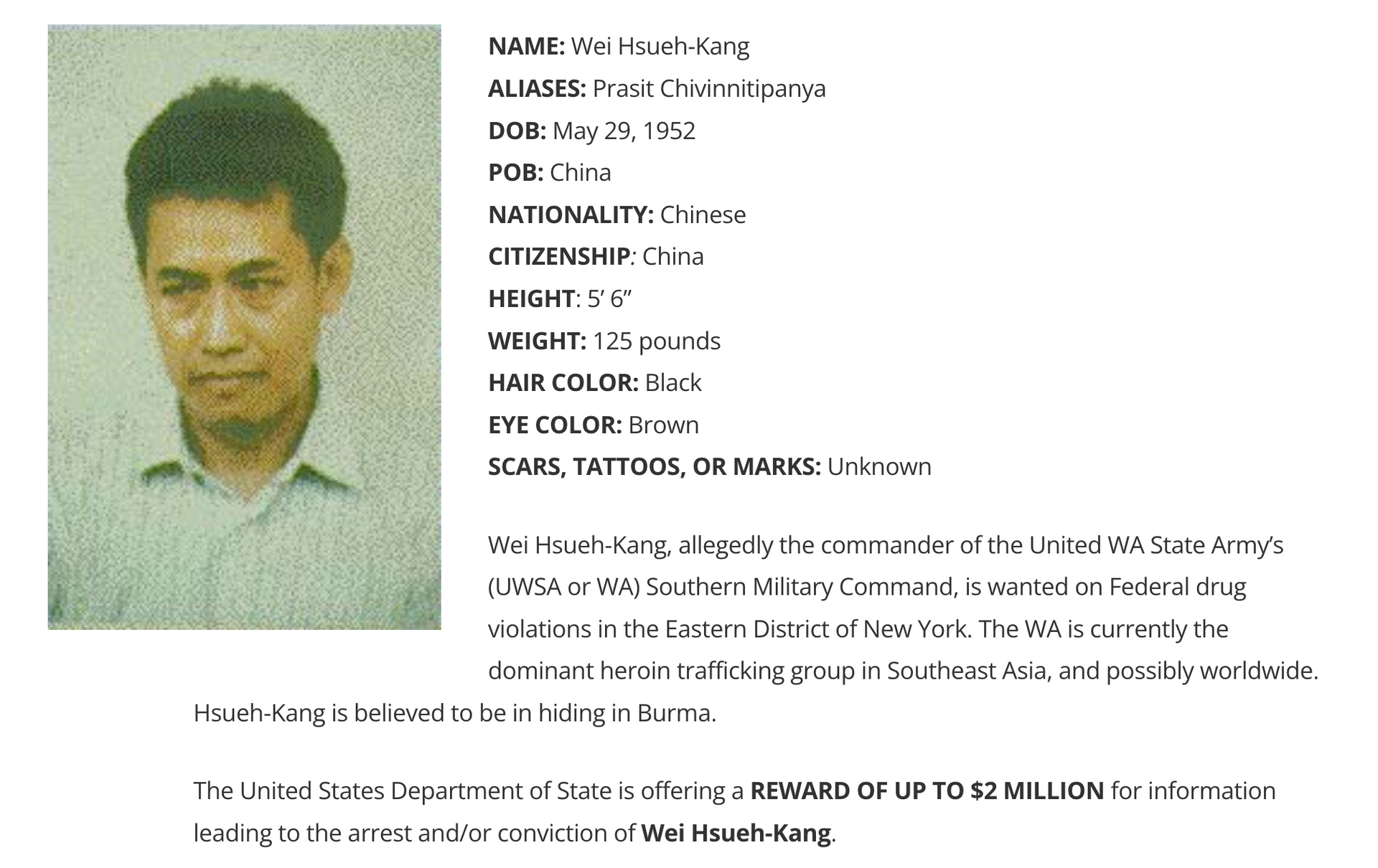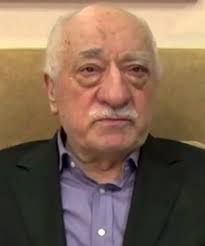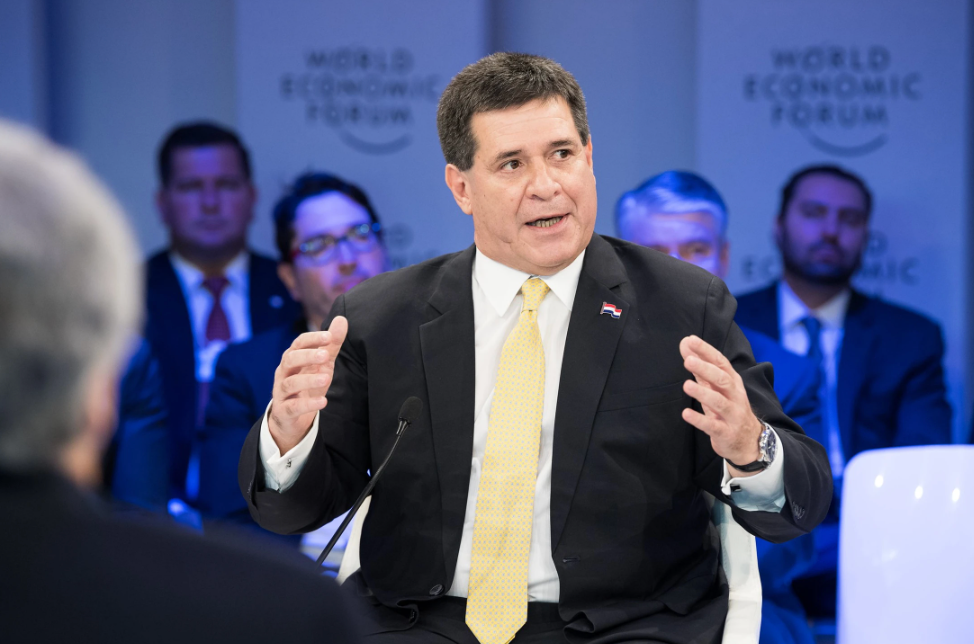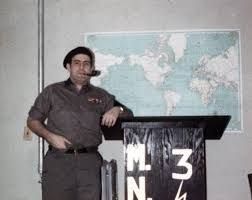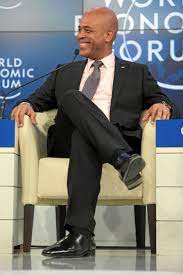Notorious Drug Kingpin Assassinates Political Dissidents for Iran
April 7, 2024
This Notorious Criminal Seemingly Has a Quid Pro Quo Relationship with the Iranian Regime
Earlier this year the US government unsealed a grand jury indictment against an Iranian drug trafficker, Naji Sharifi Zindashti. He is accused of organizing a political assassination attempt on two unnamed Iranian dissidents living in the US on behalf of the Iranian Ministry of Intelligence and Security (MOIS). Prosecutors allege that Zindashti paid $350,000 to two members of the Hells Angel to carry out the murder-for-hire plot.
Zindashti is linked with other state-sponsored murders by the Iranian government. As mentioned in the previous
Jeffrey Epstein article, intelligence agencies often partner with organized crime syndicates. The agencies have leverage over these criminals and their backgrounds provide plausible deniability for the government’s covert operations.
Zindashti’s life is rich in the shady details illustrating how rogue governments often operate. He is an international criminal wanted in multiple jurisdictions, yet he has a safe haven in Iran. He was even honored by Iran’s Education Ministry in 2022 as one of the members of the Charity for School Constructions. The Iranian authorities could extradite him at any time if he doesn’t uphold his end of the arrangement. Ironically, he’s a drug trafficker in a country that has the death penalty for drug offenses. Zindashti escaped an Iranian prison in 1996 while awaiting the death penalty for drug charges. He subsequently crossed the border into Turkey where he flourished for decades and built a larger smuggling organization.
In 2007 Zindashti was arrested for possession of 75 kilos of heroin. By acting as an informant, he was released after only three years in prison. He didn’t snitch on rival drug lords; he acted as a secret witness accusing two judges of taking bribes.
Like many jailhouse snitches, their information is often unreliable. Most people will say whatever is necessary to get out of prison. In this instance, Zindashti’s information was politically charged. He was talking with Zekeriya Oz, a prosecutor linked with the controversial Turkish cleric, Fethullah Gulen, who was conducting the infamous Ergenekon trials.
The Ergenekon trials garnered a lot of international press as hundreds of Turkish officials were accused of plotting against the government. However, the superficial nature of these cases eventually came to the forefront and it became obvious to most that this was a political witchhunt. Even Turkish President Erdogan admitted as much in 2014, but that was only out of his self-interest.
Erdogan initially benefitted from the Ergenekon trials as Gulen-linked prosecutors helped to eliminate some of his rivals. However, Erdogan spoke out after those same prosecutors started filing charges against Erdogan’s inner circle in December 2013. Fethullah Gulen, a Turkish cleric who lived in the US since 1999, has links to the CIA. This rivalry exploded rapidly in 2014 and led to an attempted coup in 2016.
(left to right) Turkish President Erdogan (Wikimedia Commons), Fethullah Gulen (Wikimedia Commons), Zekeriya Oz (Twitter)
In 2014 as Turkish political machinations gained international headlines, so did the Iranian trafficker Naji Sharifi Zindashti for his involvement in one of the largest drug busts in European history.
Greek authorities captured over two tons of heroin aboard a tanker, Noor One. A group of different drug lords were set to receive their portion of the shipment with Zindashti’s portion being 300 kilos. However, it appears that Zindashti was willing to sacrifice his portion of the contraband and informed the DEA about this massive shipment, possibly as a means of harming his competition.
In September 2014, Zindashti received an email stating, “You spoiled our plans, you spoke against us, you stole from us, you made fools of us.” Days later, his Zindashti’s daughter, and nephew were murdered near his home. This set off a series of 13 gangland killings across Turkey, Belgium, and Dubai and generated much media attention.
Zindashti had initially hitched his wagon to the losing horse (Gulen) but presumably, he bribed enough influential members of the Erdogan wing of the government to act unharmed in such a flagrant manner. He remained free in Turkey until April 2018 after Turkish authorities obliged a Greek arrest warrant on charges related to the Noor One bust.
He was released from prison only six months after being arrested for drug and murder charges. Zindashti fled to Iran, but many members of his organization remained in Turkey. The exact reason for his release is unknown, but it is speculated that Zindashti had blackmail material on the Turkish politician Burhan Kuzu, of Erdogan’s Justice and Development Party, who helped him out of prison. Reportedly Kuzu believed it would help Turkish/Iranian relations.
At that time, Zindashti was a valuable global intelligence bargaining chip. Not long before going to prison in 2018, Zindashti added a bullet point for state-sponsored assassination to his criminal resume. It’s unclear exactly when or how Zindashti linked up with Iranian intelligence, but it’s obvious that he has not conducted these extrajudicial killings out of patriotic zeal. He’s doing it for protection.

Ayatollah Ali Khamenei (Wikimedia Commons)
In April 2017, Saeed Karimian, the CEO/founder of the Persian-language TV channel, GEM TV, was murdered by masked gunmen while driving his car in Istanbul. GEM TV’s critical coverage of the Iranian government led to Karimian being convicted in absentia for “spreading propaganda against the system and violating the security of the nation” just one month before his assassination. One of Zindashti’s associates conducted surveillance on Karimian, according to the US Department of Treasury’s Office of Foreign Assets Control (OFAC).

Saeed Karimian (Twitter)
Just months before Zindashti was released from prison, an Iranian dissident, Masoud Molavi Vardanjani, also fled to Turkey to avoid the repercussions of the government. Vardanjani was a former Iranian defense staffer who rapidly developed a large social media presence in Turkey exposing corruption and political assassinations by Iran. However, that political speech led to an associate of Zindashti murdering Vardanjani in Istanbul in November 2019. Turkish officials arrested several of the individuals involved but Turkey released a high-level official from the Iranian consulate in Istanbul.

Masoud Molavi Vardanjani (Twitter)
Zindashti is also accused of facilitating the abduction and illegal extradition of other Iranian dissidents. Habib Chaab was self-exiled in Sweden for 14 years. He led an Iranian separatist organization, Arab Struggle Movement for the Liberation of Ahwaz (ASMLA), before being lured by a woman into Turkey. That woman was part of a honey pot organized by Iranian intelligence. Chaab was drugged and smuggled into Iran. He was subsequently tortured into a confession and railroaded through a “gross unfair trial,” according to Amnesty International, and sentenced to death by hanging.

Habib Chaab (Twitter)
To sum up, there will always shady gangsters like Zindashti, but governments aren’t supposed to enable their crime, let alone use them to outsource extrajudicial killings. Unfortunately, Iran is not the only government to conduct these types of heinous crimes.
